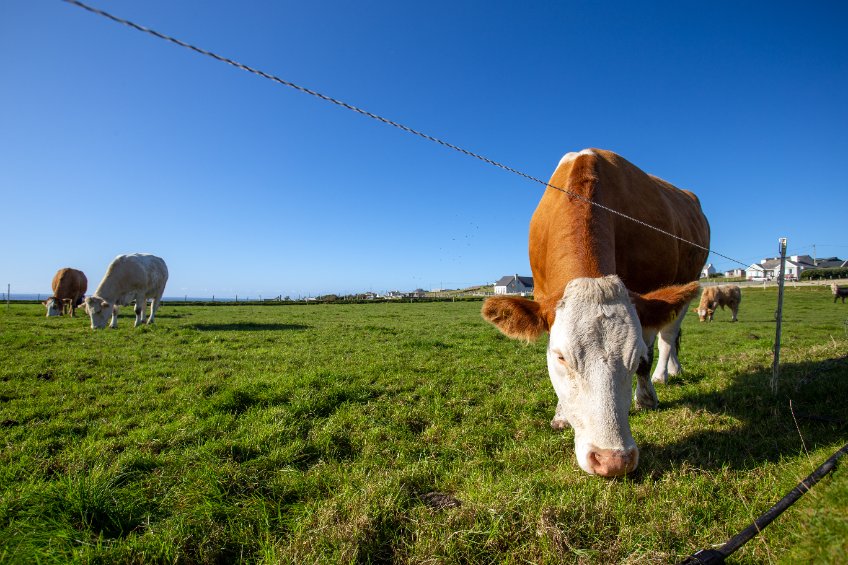
Northern Irish farm leaders have welcomed new bovine viral diarrhoea (BVD) measures as 'crucial' in supporting the livestock sector against the disease.
It is expected that only a small number of herd keepers will be impacted by the Department of Agriculture's (DAERA) measures.
Announcing them, DAERA Minister Andrew Muir urged farmers and herd keepers to act now to avoid being impacted.
BVD is a highly contagious viral infection which affects productivity and welfare, and is spread by persistently infected (PI) and transiently infected (TI) animals.
“Given the substantial financial burden this disease places on industry and the benefits that eradication will achieve, I think it is vitally important that these measures should be introduced now," Mr Muir said.
From 1 February 2025, herd level movement restrictions will be applied to herds containing animals that have a positive or inconclusive BVD test result on a phased approach, with ‘grace periods’ being available for the first 12 months.
DAERA said farmers can avoid restrictions if they take prompt action to remove or retest the positive or inconclusive animals within these ‘grace periods’.
Movement restrictions will also be applied to herds with animals of unknown BVD status from 1 June 2025.
This will be introduced in three stages, with the threshold number of unknown status animals reducing over a 16-month period.
Keepers who are compliant with the testing requirements of existing legislation will not be impacted, according to DAERA.
Cattle born before 1 March 2016, will also now need to be tested for BVD if they do not have a negative or indirect negative BVD status.
And from 1 February 2026, additional movement restrictions will be placed on all breeding age females within herds containing animals that test positive for BVD.
The Ulster Farmers' Union (UFU) said it welcomed the new measures, as they would be crucial in supporting the Northern Irish livestock sector.
UFU deputy president, Glenn Cuddy said: "We have already made huge gains but these measures will enable us to continue this positive work to achieve our end goal, benefiting family farms, improving animal health and welfare and our local environment."
"Swift identification and removal of persistently infected (PI) cattle is key to eradicating BVD and it is positive to see this being reflected within the legislation.
“We encourage all livestock farmers to make themselves aware of the new BVD measures."
